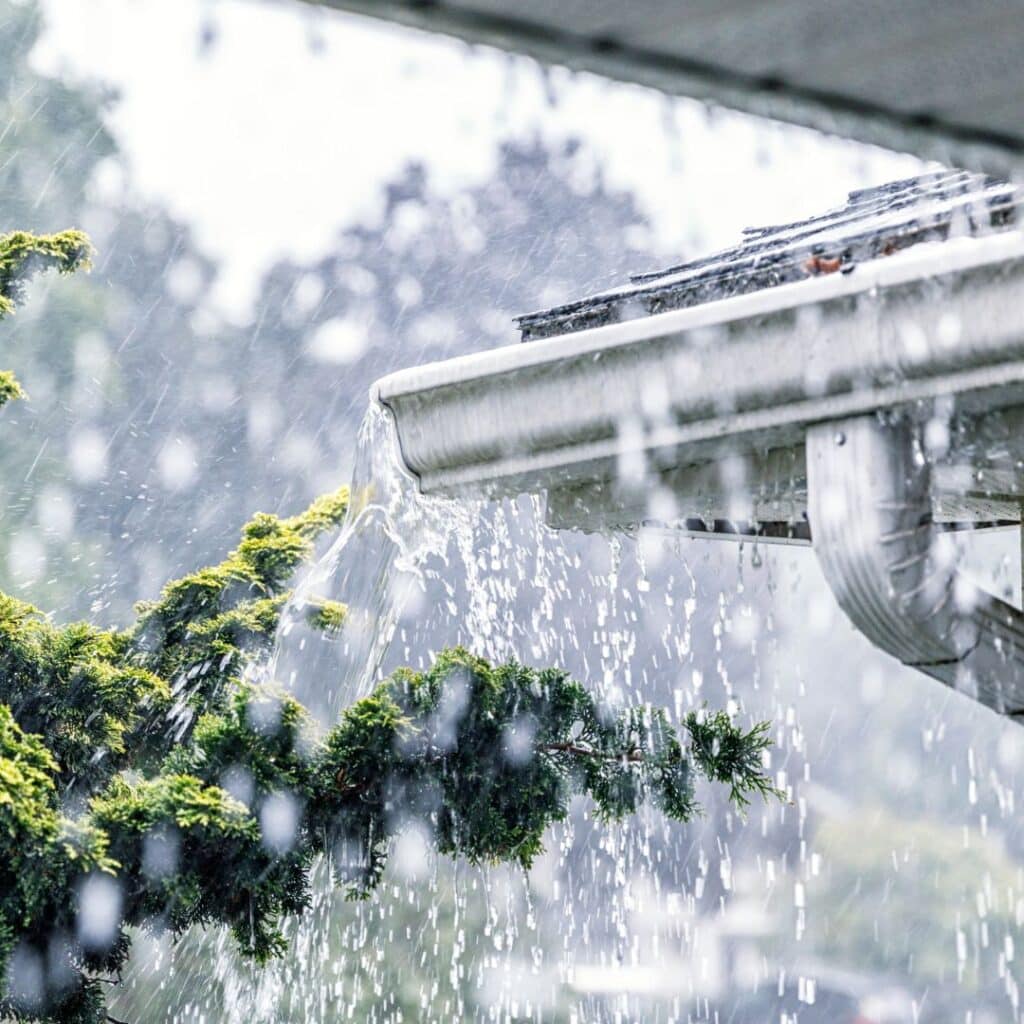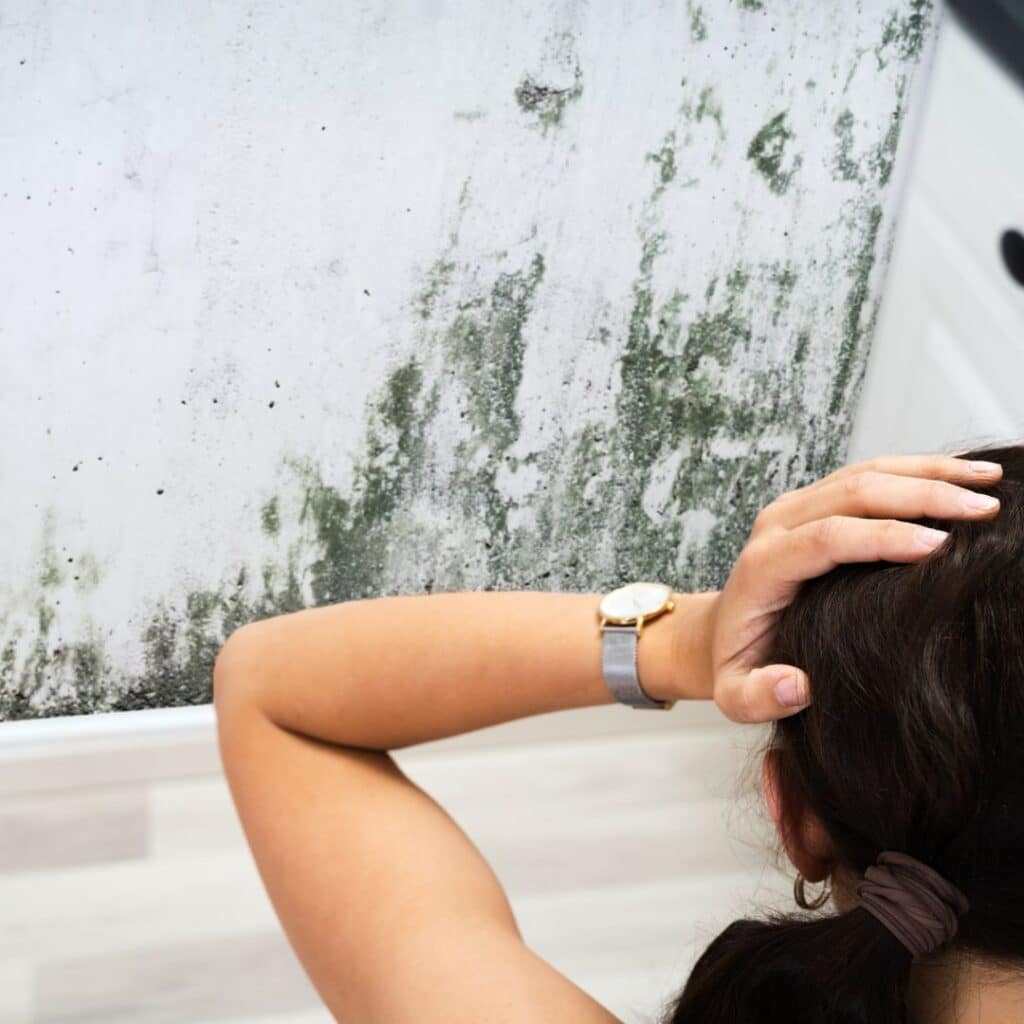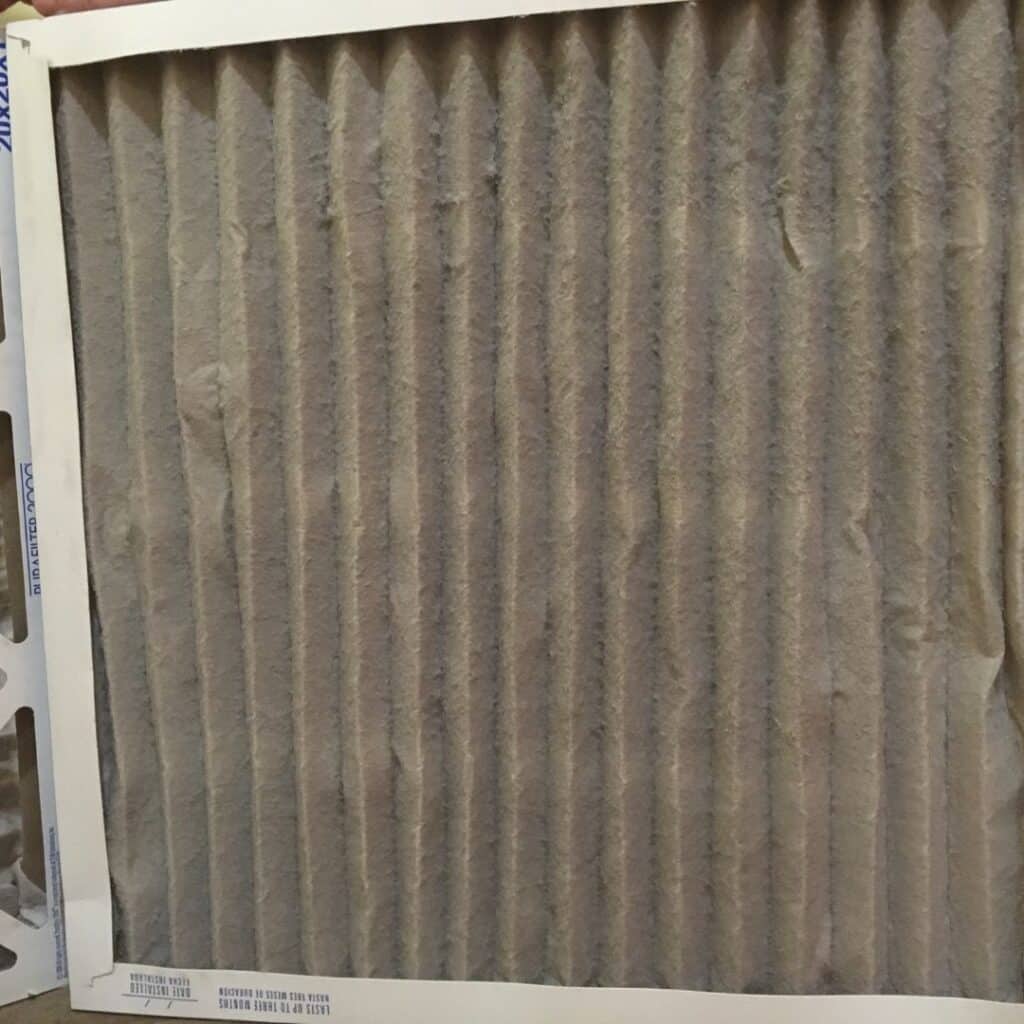After the Rain, Use HVAC Systems To Prevent Mold Growth

In the past 12 months, severe rain has flooded many parts of the southern United States, including many communities here in Alabama. With spring turning into summer, heating and air conditioning contractors in Huntsville, AL, will frequently be doing their work in the rain. And after the storm, comes the mold.
Not only will mold lead to costly home improvement repairs, but it can also damage your family’s health.
Unfortunately, most air conditioning repair companies don’t know how to keep mold from growing in the first place, and after floods and severe rain mold growth can be a serious problem for Huntsville homeowners. That’s especially true here in the south, where frequent summer storms and high humidity create ideal conditions for mold in homes.
Fortunately, you don’t need the best heating and cooling systems in the world to stop mold from gaining a foothold in your house. And with a little help from your local heating and air conditioning contractors, you have all the tools you need for residential mold prevention.

HVAC Systems Are Your Best Friend in the Fight Against Mold
Mold is everywhere, whether you can see it or not. Just like there’s always bacteria in the air, mold spores are ever present in the environment. And in dank, dark, and damp conditions, mold can start to grow in as little as 48 hours.
So after a soaking rainstorm, you need to act fast if you want to avoid mold growth. Because unfortunately, mold often starts growing in hidden areas of your home like the attic, vents, insulation, or walls. And by the time that mold spreads to the visible parts of your home, the problem is already out of control.
What Steps Can You Take To Prevent Mold Growth in Your Home?
The best heating and air conditioning contractors know that ventilation is the key to preventing mold growth. That means the filters on your HVAC systems should be changed every three months, even though many homeowners go years without replacing these filters. Replacing HVAC filters helps limit the amount of allergens, dust, dirt, and mold spores present in your home’s air. Plus, a properly ventilated attic can reduce your HVAC energy bills by 10 to 12%.
And remember, in addition to changing HVAC filters, you need to make sure any exterior vents and soffits are unobstructed for clear air flow.

Of course, all the ventilation in the world won’t stop mold from growing if there’s too much moisture or humidity in your home. If a leak or flood affects your home, you need to work quickly to get rid of excess moisture.
Dehumidifiers are also a great asset for homeowners who live in damp areas as they can help remove some of that excess moisture from the air in your home.
Besides removing any obvious puddles or soaked carpet, that also means airing out your home to get rid of moisture in the air as well. Also remember to use ventilation while cooking, and if possible run bathroom fans or ventilation for 30 minutes after a shower.
Finally, it’s important to hire local heating and air conditioning contractors to annually inspect your HVAC systems. When properly cared for, a new HVAC system will last for 12 to 15 years, but that requires both regular maintenance and air conditioning repair when necessary.
On top of that, because HVAC systems and ventilation help circulate air and remove moisture, mold can grow inside your vents and air conditioning system, too. Without heating and air conditioning contractors to inspect these units, you’re going to eventually lose the battle against mold.
Give us a call or schedule an appointment online if you want to prevent mold growth in your home and breathe cleaner healthy air. Thomas Service Company is here for you!

